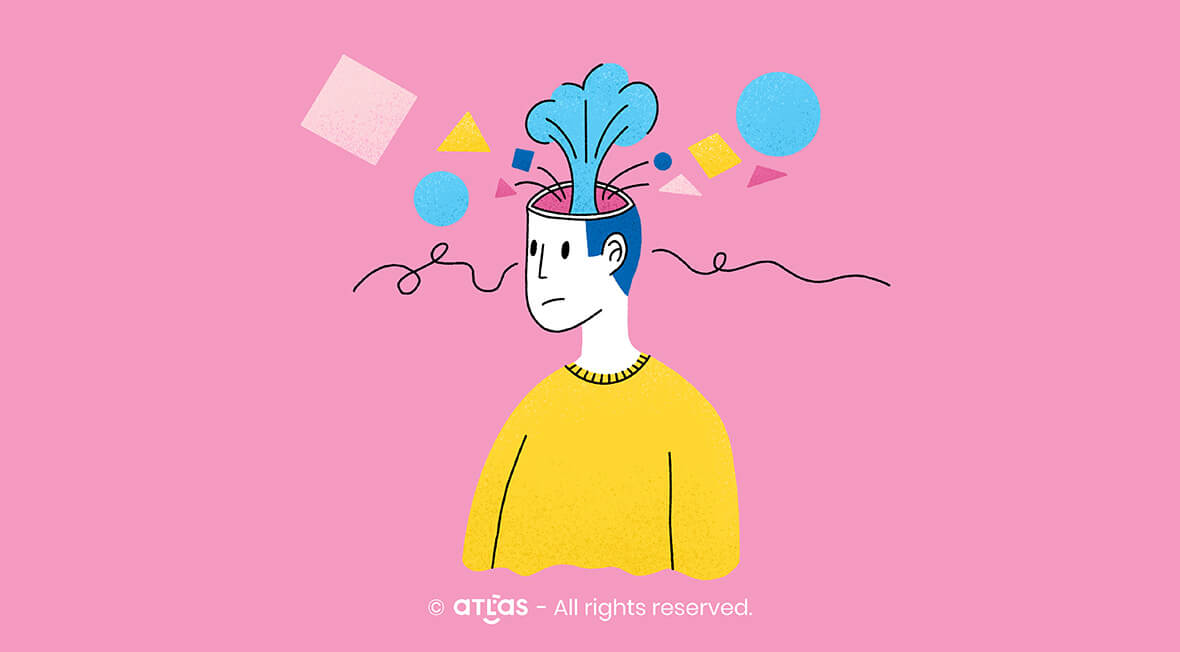When we perceive a threat, our nervous system responds by releasing a flow of stress hormones, including adrenaline and cortisol. These hormones prepare the body to act quickly in case of emergency.
The heart beats faster, the muscles get tightened, blood pressure increases, breathing speeds up and the senses become clearer. These physical changes increase strength and strength, reaction time increases and concentration power intensifies – your body is ready for the fight or flight phenomenon.
What are the ways in which people respond to stress?
Psychologist Connie Lillas uses an analogy to describe the three most common ways people respond when they are overwhelmed by stress:
- Foot on the gas – a shaky or furious response to stress. You are agitated, heated, too excited, and you can not stand still.
- Foot on the break – a withdrawal or depression response. You get in your head and you have very little energy and emotion.
- Foot on both – a tense and cold response to stress. Freeze under pressure and you can’t do anything. You seem paralyzed, but in fact you are agitated.
What are the warning signs?

Stress is a very complex psychosocial phenomenon, warning signals can be divided into 4 categories of symptoms: cognitive, emotional, physical, and behavioral.
Cognitive symptoms:
- memory problems
- inability to focus
- lack of decision-making power
- seeing just the negative side
- anxious thoughts
- constant concern
Emotional symptoms:
- change of mood
- irritability
- agitation, inability to relax
- you feel overwhelmed
- the feeling of loneliness and isolation
- depression or general feeling of unhappiness
Physical Symptoms:
- pain and suffering
- diarrhea or constipation
- nausea, dizziness
- chest pain and rapid heartbeat
- loss of sexual appetite
- frequent colds
Behavioral Symptoms:
- eat more or less
- sleep more or less
- you isolate yourself from others
- delay or neglect responsibilities
- drink alcohol, smoke or take drugs to relax
- nerve habits (your nails, fingertips)
Signs and symptoms of stress can also be caused by other medical or psychological problems. If the above symptoms are present in your life (partial or complete), it is important to consult a Specialist for a full evaluation. The Specialist can help you determine if the symptoms are caused by stress or not.







